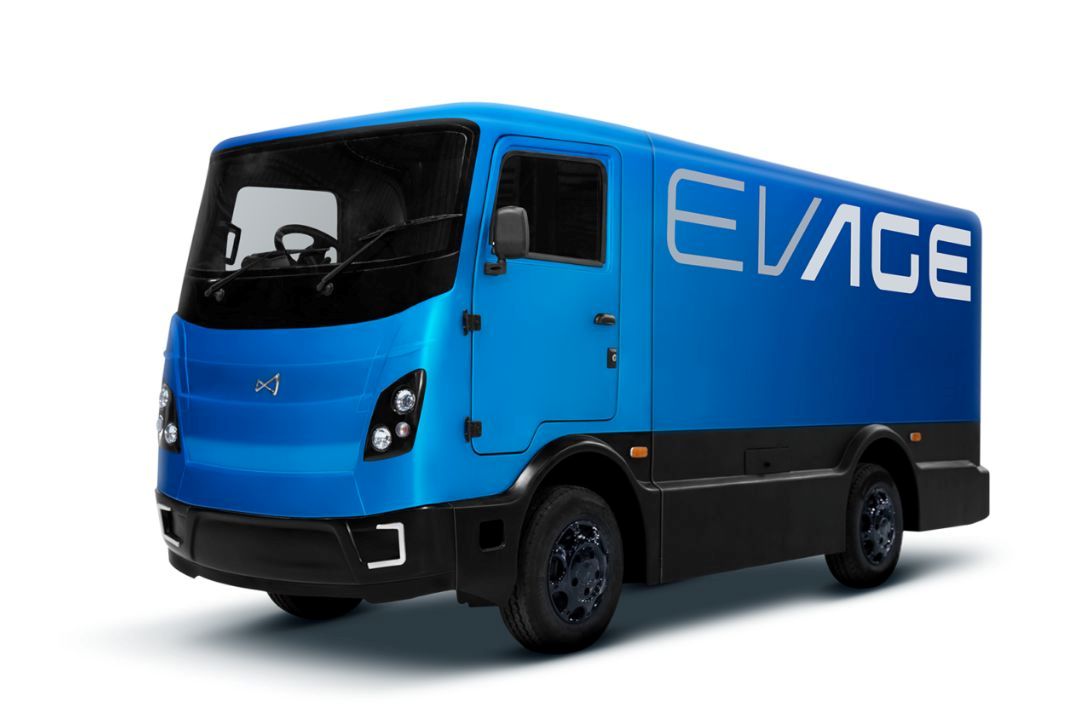Mohali-based EVage Motors, which started in 2014 to reduce carbon emissions in the light commercial vehicle (LCV) sector, aims to capture up to 30% of the market by 2035. By then, the market is expected to double to a million units in India.
The company predicts an 8% annual growth rate for the LCV segment over the next decade, with electric vehicles (EVs) making up 15-20% of this. However, challenges like EV financing, limited charging infrastructure, and resale value issues are slowing adoption.
Inderveer Singh Panesar, founder and CEO of EVage Motors, said, “We expect 15-20% penetration due to ongoing constraints. Government support and fleet operators’ reactions will influence EV adoption.” EVage Motors is confident about its market potential with its first product, the FR8 1-ton small commercial vehicle, launched in 2012. The FR8 offers a net-positive total cost of ownership (TCO) and high resale value without subsidies. It has been part of Amazon’s fleet in Mohali for two years and features a 20-minute fast-charging capability.
Three-Part Product Strategy
EVage Motors uses a three-part strategy to stand out. The FR8 has an advanced battery with over 100km range on a single charge, a spacious cargo area, and a long battery life. The 15kWh lithium-titanium-oxide battery, made in-house with cells from Toshiba, offers about 100km range and fast charging to reduce downtime. The payload capacity and cargo design allow more goods to be carried in one trip compared to some combustion engine vehicles.
Future Plans
So far, EVage Motors has raised $28 million (around Rs 233 crore) in seed funding. The company aims to reach 75% capacity utilization at its Mohali facility before seeking more funding. EVage plans to expand to 15 more cities by the end of 2025, beyond its current presence in Mohali and Delhi-NCR.
“We plan to sell more vehicles before the next funding round and expand our network over the next two years,” Panesar said. The company will focus on e-commerce logistics providers and small fleet operators as key customers, aiming to become profitable in the coming years.







